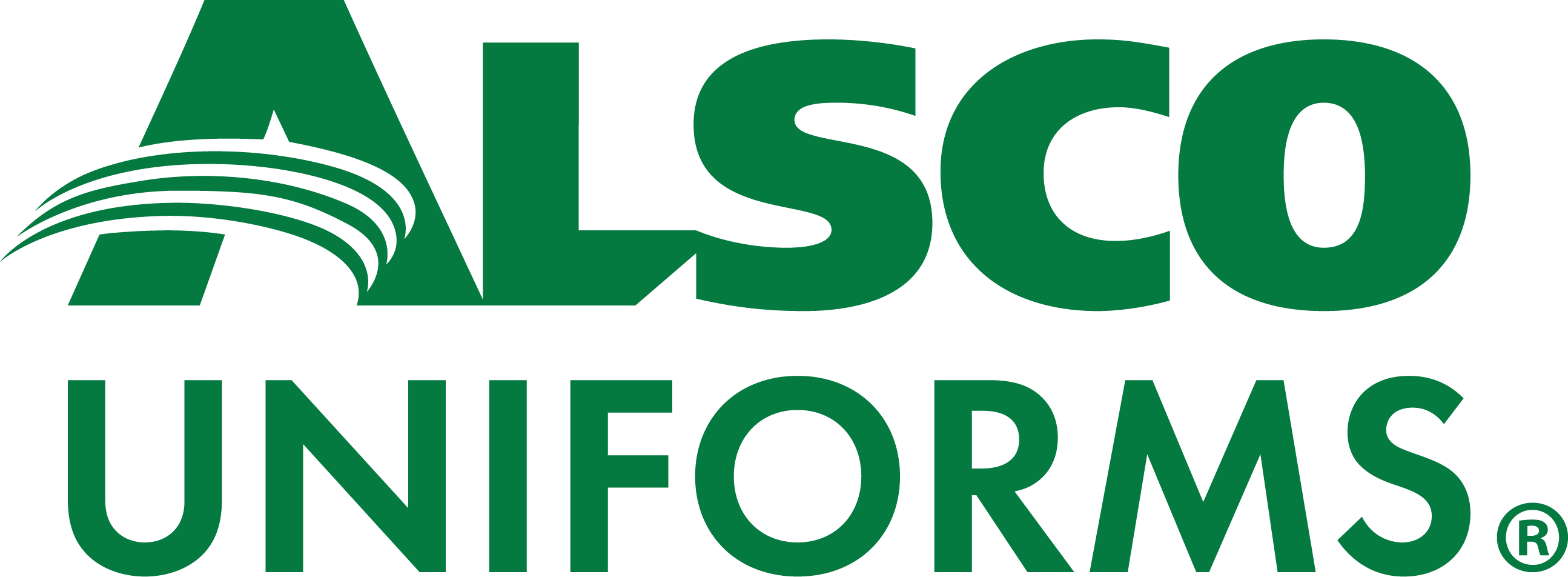
Microfiber and cotton towels both see significant use in businesses, although cotton towels are by far the more common of the two options. Cotton tends to be a good general option for towels in the workplace, while microfiber is more specialized. Microfiber is useful because it is hypoallergenic and less likely to damage sensitive material like glass or electronics. Experts use both microfiber and cotton towels, depending on the job in question.
Cotton Towels
Cotton towels are likely the most common type of towel in use, both for businesses and in homes.
Advantages of Cotton Towels
Cotton towels have a number of advantages worth highlighting. First, they are fairly inexpensive and more durable than microfiber towels, meaning they will be replaced less often. They’re also fairly hassle-free, with cotton towels being easy to wash and dry. With even mild caution, one is unlikely to accidentally ruin cotton towels.
Cotton towels are also both absorbent and comfortable. This makes them a great choice in a variety of use cases.
Washing
Cotton isn’t especially difficult to wash and dry. Some good general advice to follow when washing cotton towels includes making sure not to overload the washer and avoiding excessive use of detergent. Dark-colored towels should be kept separated from light-colored articles in the wash, as should any other towel that notes you should separate it on its tag. Most often, you can simply wash cotton towels in warm water on regular washing settings.
Drying cotton towels is similarly easy. Put them in the dryer on tumble dry with medium heat. Experts recommend avoiding line drying, as it can cause the towels to stiffen and potentially become scratchy.
Ecological Footprint
Cotton is fairly durable and thus doesn’t need to be frequently replaced. It is also plant-based and widely available.
However, the process of turning raw cotton into towels (or anything else) is admittedly not completely without ecological footprint. Cotton does use pesticides to grow, and the process uses water. Organic cotton uses less of both, but it also less widely available and tends to be more expensive.
Microfiber Towels
Microfiber towels are towels that use materials such as nylon or polyester, which allow a towel to be both lightweight and highly absorbent.
Advantages of Microfiber Towels
One big advantage of microfiber towels is that they’re hypoallergenic. If a business will be dealing with employees or customers with sensitive skin, having these towels as a secondary option (if not a primary one) is generally a good idea. These towels also dry quicker than cotton towels.
While cotton towels are also absorbent, microfiber is designed such that it can absorb up to seven times its weight in water. Microfiber is also extremely fine and can be an excellent choice of towel when cleaning potentially sensitive items, like electronics or glass.
Washing
One of the downsides of microfiber is that it is somewhat fragile in the wash. It is often recommended to hand wash microfiber towels when they aren’t very dirty, saving the washing machine for when the towels have seen heavy use.
When washing, avoid heavy amounts of detergent. Avoid fabric conditioners and fragrances, fabric softeners, and harsh soaps. Microfiber is best cleaned with gentle detergent. Wash in cold or warm water, not hot. If there is an odor that is difficult to get rid of, add white vinegar to the wash to help remove it.
Microfiber towels should be air dried on a flat surface or drying line. If you dry them in a machine, dry them separately and without dryer sheets or dryer balls. Use low heat to avoid damaging the towels.
Ecological Footprint
Microfiber is less ecologically-friendly than cotton, as it is made of synthetic materials that don’t degrade quickly when disposed of. It is also less durable than cotton, meaning you will be replacing microfiber towels more often.
Which Option Is Better?
Neither cotton or microfiber is so superior to the other that it is the best in all use cases. However, many businesses opt for cotton due to its cost, durability, and comparably low ecological footprint. It is a solid general use option and one that is popular for a reason.
However, microfiber has distinct advantages for certain use cases. The fact that it is hypoallergenic means any business will want them as an option for guests or customers who may be unable to use cotton towels.
Microfiber should also be used on anything sensitive to damage. While cotton isn’t especially rough to the touch, it does still have the potential to damage certain types of materials, so microfiber is preferred in these cases.
Let Alsco Uniforms Manage Your Towel Needs
Simplify the process of ensuring your business always has clean, quality towels on hand by working with us here at Alsco Uniforms. From plush hospitality towels to hygienically clean medical utility towels, we can maintain your towels. We’ll ensure you always have a ready supply of what they need, as we’ll take away your dirty towels and replace them with fresh towels on a regular schedule.
Linen rental services are more convenient than managing your linens yourself, so you can free up your time to focus on more important aspects of your business. Renting towels can also potentially cut costs since you don’t have to worry about the cost of towel replacements. When a towel is torn, frayed, or stained, we simply replace it with a fresh towel.
Call Alsco Uniforms today to learn about how we can simplify your linen management. We can discuss your needs and determine the best towel choice for your business.
References
Cotton Towels. (May 2023). Medium.
How to Choose the Best Materials for Your Bath Towels - A Comprehensive Guide. (April 2023). OnlineClothingStudy.com.
Before you wash your clothes. Cotton Incorporated.
How to Wash Your Towels the Right Way. (February 2023). Martha Stewart.
Linen vs. Cotton: Which Is Greener? (June 2021). Treehugger.
